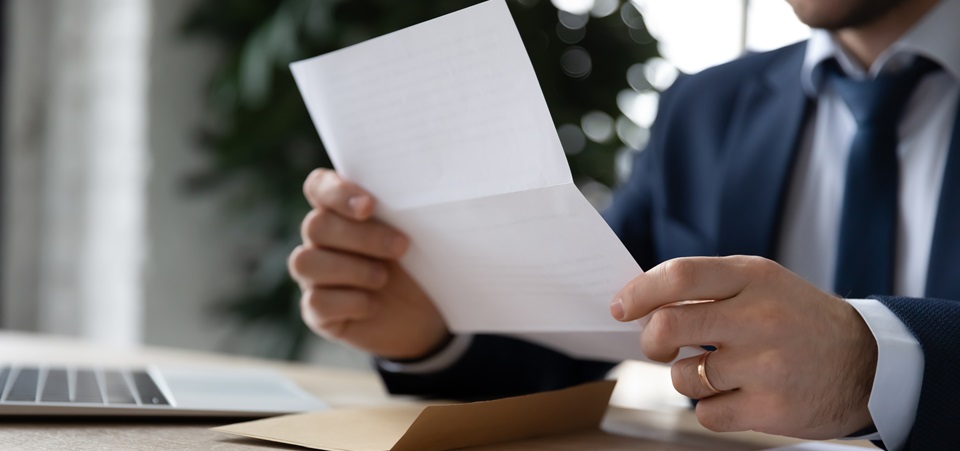In cases where funds are owed to you by a company, individual or a partnership, insolvency proceedings can be issued to enforce a court judgment and attain the money from the debtor.
Sara Beaumont, a director based at WHN’s Bury office and specialist in debt recovery, explores how to enforce court judgments through insolvency proceedings.
Insolvency proceedings, or compulsory winding-up, is when a company or individual is liquidated to pay off outstanding debts. This means that the assets of the company or person are sold, with the proceeds then distributed to its creditors.
While insolvency proceedings are not intended to be used as an enforcement method, it is a useful tool to recover money in cases where the debtor is genuinely unable to pay the debt. Winding-up is generally used as a last point-of-call when all other debt recovery methods have failed.
Company insolvency
To make a debtor company insolvent, the debt must be in excess of £750 and the limited company’s liabilities must exceed its assets.
While a written demand for payment must first be served on a company, if this has remained unpaid for 21 days then a winding-up petition can be presented to the court. Once the petition is issued it must be personally served on the company director, as well as a copy being issued to the firm’s registered office.
Following this, the winding-up petition will be heard in court and if successful, the company will cease trading and its assets will be sold to pay off outstanding debts. Legal costs will also usually be ordered to be paid out of the company’s assets and will be payable ahead of all other creditor claims.
If there are any remaining assets, these will be sold and the proceeds distributed amongst creditors.
Making an individual insolvent through a bankruptcy petition
Individual insolvency laws changed in 2015. You can only apply to make a person insolvent if they owe over £5,000. You also need to be able to prove that the individual has failed to comply with either a statutory demand for payment or a court judgment made against them.
In the same way that a limited company can be wound-up to pay off outstanding debt, a bankruptcy petition can be issued to the court and served upon the debtor to recover funds. If the court decides to make a bankruptcy petition at the hearing, then the debtor’s assets will become part of the bankruptcy and will be used to pay any creditors.
Partnership insolvency
Winding-up a partnership is a similar process to liquidating a limited company, but there are three possible routes to obtain funds from this type of company:
- Wind-up the partnership, much like the limited company procedure
- Pursue the individual partners through individual bankruptcy procedures
- Pursue the partnership and individual partners together. This means that you can wind-up the partnership and proceed for bankruptcy against the individual partners for the same debt
The benefit of pursuing the partnership as opposed to the individuals is that the individuals can continue to trade in other businesses, potentially generating profits which can be used to pay your debt.
Bringing about insolvency proceedings is a complex area of law, so it’s important that you seek specialist advice before you embark on recovering debt to ensure that you secure money that is rightly owed to you and follow the correct procedures.
How legal professional support can help with debt recovery
Debt collection is a complex area of law, so it’s important that you seek specialist advice before you embark on recovering debt to ensure that you secure the money that is rightly owed to you and that you follow the correct legal procedures. Find out more in our helpful guide: How a legal professional can help with debt recovery: A guide for businesses – WHN Solicitors
For further information on dealing with debt recovery see our additional articles:
- How to recover debt through bailiffs and enforcement officers
- Can I recover funds from a debtor’s wages?
- How to use a charging order to recover outstanding debt
- How to use third party debt orders to recover funds
For more information on recovering outstanding debt through insolvency proceedings please call Sara Beaumont on 0161 761 8061 or email sara.beaumont@whnsolicitors.co.uk













